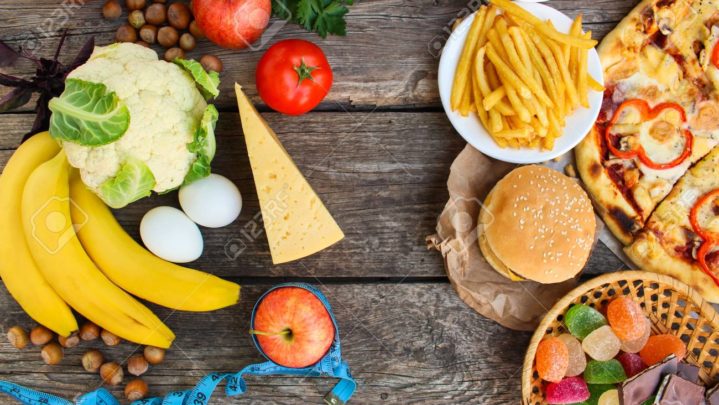Consume Water
Thirst is at times mistaken for hunger or food cravings. If you get an unexpected need for a particular cuisine, try drinking a large glass of water and waiting a few minutes. You may notice that the urge goes away because your body is simply thirsty. Additionally, drinking sufficient water may offer numerous health benefits. Drinking water before meals can help decrease appetite and aid in weight loss in middle-aged and elderly adults.
Consume More Protein
Consuming additional protein may assist you in controlling your appetite and avoiding overeating. It also reduces cravings and keeps you full and satisfied for a longer period of time. One research on overweight adolescent girls found that having a high-protein breakfast dramatically lowered cravings. Another study in obese males found that increasing protein consumption to 25% of calories reduced cravings by 60%. Furthermore, the impulse to snack at night was reduced by 50%.
Keep Your Distance from the Craving
When you have a craving, attempt to keep it at bay. You may, for example, go for a brisk walk or take a shower to distract yourself. A shift in mindset and environment may aid in the cessation of cravings. Chewing gum has also been demonstrated in certain trials to help reduce appetite and cravings.
Make a Meal Plan
Plan your meals for the day or the next week if at all possible. Knowing what you’re going to eat ahead of time eliminates the element of surprise and unpredictability. If you don’t have to worry about what to eat for the next meal, you’ll be less tempted and less likely to experience cravings.
Also Read: How To Avoid Ruminating





